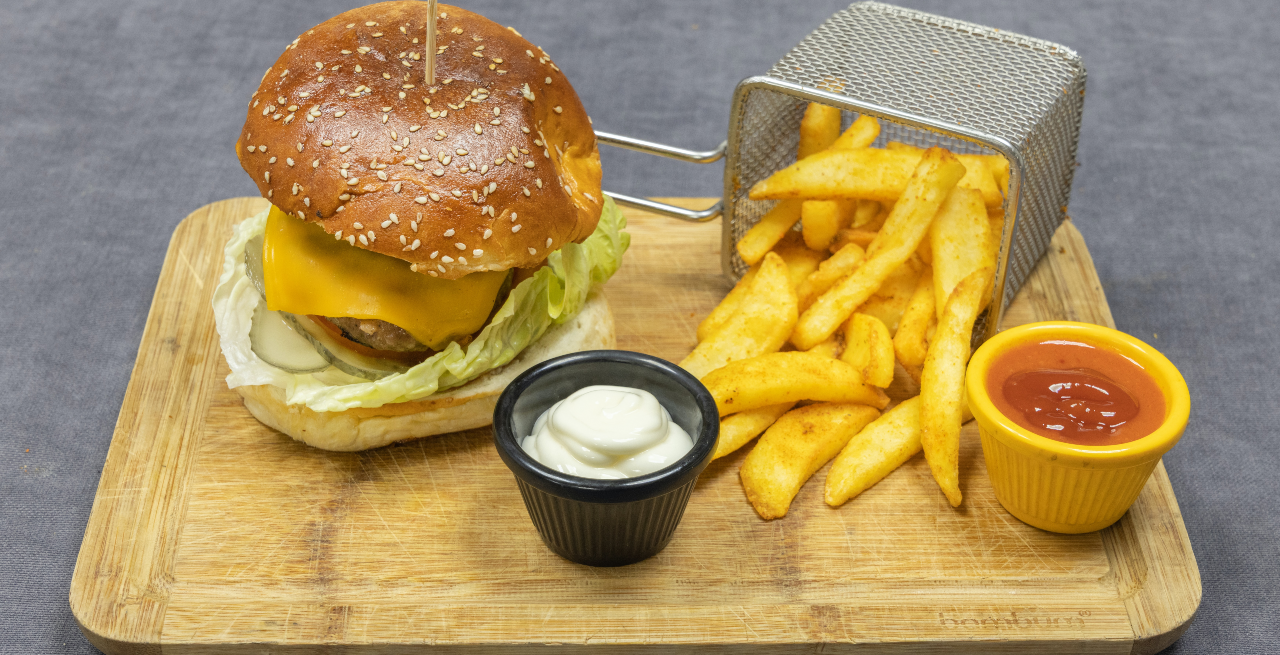Franchisee Success in a Murky Economy Depends on Cloud Accounting
2 Min Read By Paul Lewis
Consumers continue to be hit hard by inflation as we see prices skyrocket for a variety of goods. This was especially true in June, when inflation soared to 9.1% with the indexes for gasoline, shelter, and food being the largest contributors (according to the Bureau of Labor Statistics) – marking the fastest pace since November 1981.
These high prices are certainly taking a toll on consumer spending, which will eventually change their restaurant dining habits. This is demonstrated by conflicting restaurant traffic results since last year, showing that traffic in quick-service restaurants (QSR) was down 9.4 percent compared to the same period in 2021, but simultaneously showing that the dine-in channel saw a 2.4-percent increase compared to April 2021.
With restaurants historically one of the first places consumers cut spending in the recession-type environment we could be heading into, this market will impact franchises in unique ways, such as:
Fluctuating costs of goods: As…
Sorry, You've Reached Your Article Limit.
Register for free with our site to get unlimited articles.
Already registered? Sign in!

